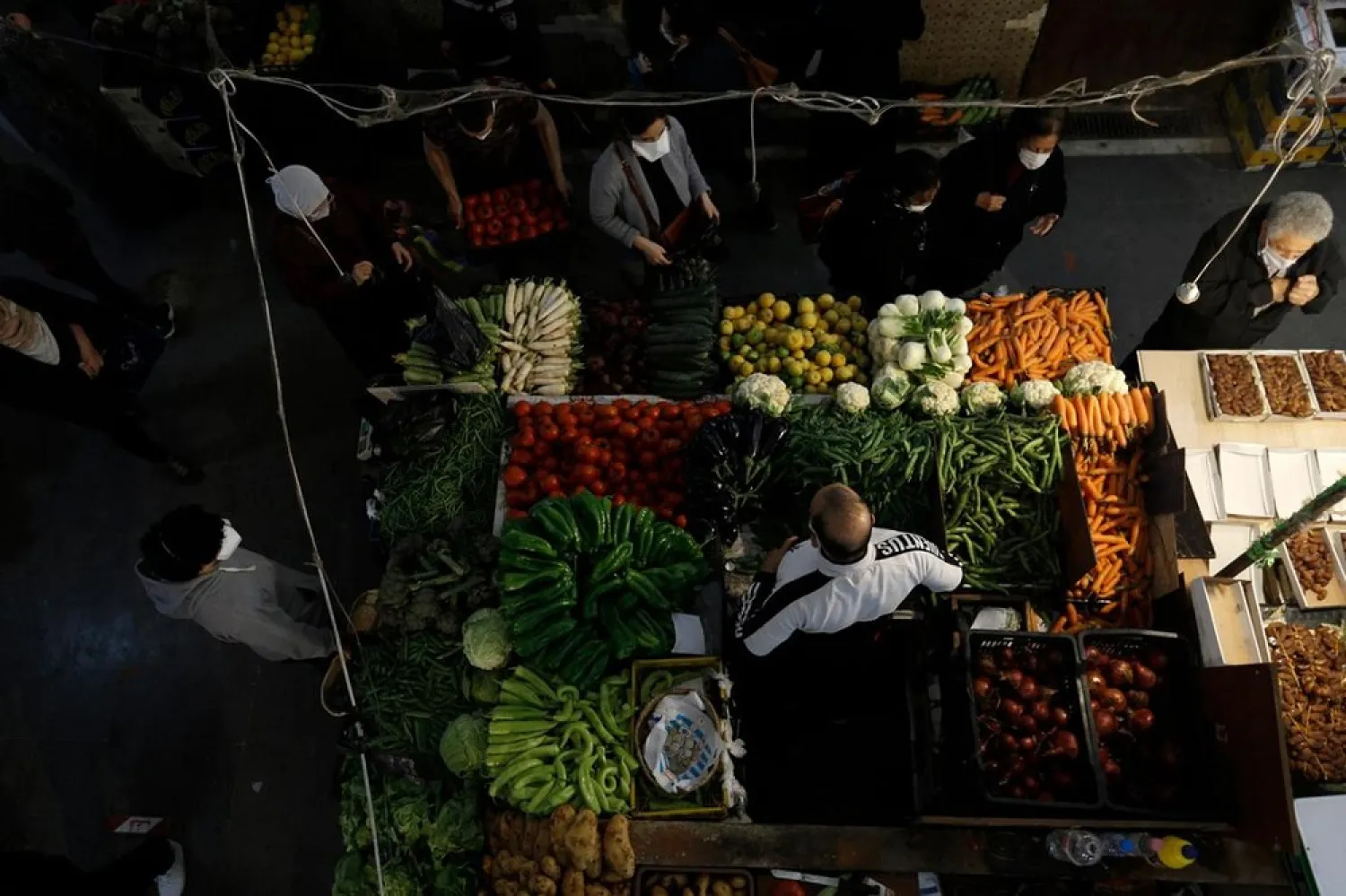Algeria’s hospitals are struggling to cope with the surge of COVID-19 cases amid a shortage of hospital beds and medical equipment.
Doctors in the south, especially in the Biskra governorate, where infection rates are on the rise every day, have called out for help to provide respiratory equipment for hundreds of cases that deteriorated in recent days.
A nurse at the Central Hospital in Biskra, who declined to be named, told Asharq Al-Awsat that all of the departments were allocated to coronavirus treatment a month ago.
He warned that the hospital can no longer receive more patients, adding that it only has 120 ventilators, while more than 200 people suffer from breathing difficulties and need urgent help or they will die.
The nurse revealed that dozens of the patients come from neighboring towns with symptoms of COVID-19, and in most cases, they are instructed to buy a medicine from pharmacies and isolate at home.
However, they noticed that many of the patients did not heed the warnings and have headed out to markets where they came in contact with people, leading to a rise in infections in recent days, he added.
Hospitals in Setif in the east, the second most populated governorate in the country after Algiers, is suffering from a similar situation.
Its medical capabilities are limited, according to member of National Union of Public Health Doctors Odiya Fateh, who added that a surge in cases was expected after authorities lifted the lockdown at the end of the holy fasting month of Ramadan.
Fateh stated that hospitals in the region cannot take in more patients, saying the situation is “catastrophic” and dozens of doctors are dying every day, while the government claims it is able to cope with the crisis.
The Ministry of Interior imposed a 15-days partial lockdown in 18 municipalities in Setif after the surge in COVID-19 cases. The lockdown will start from 1 pm to 5 am, starting Wednesday until July 23.
According to the Ministry, the lockdown will see the complete suspension of all commercial, economic and social activities, including transportation.









